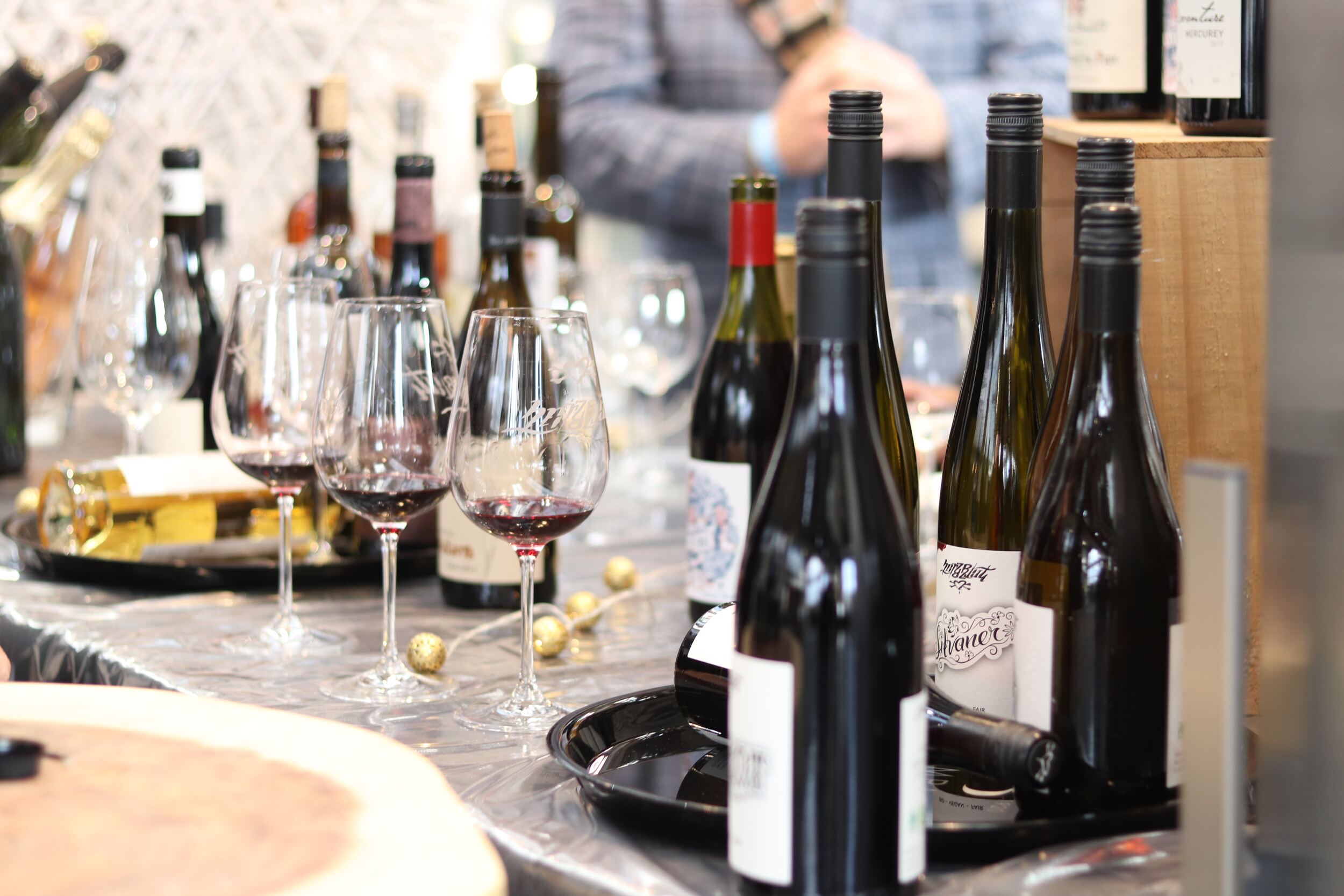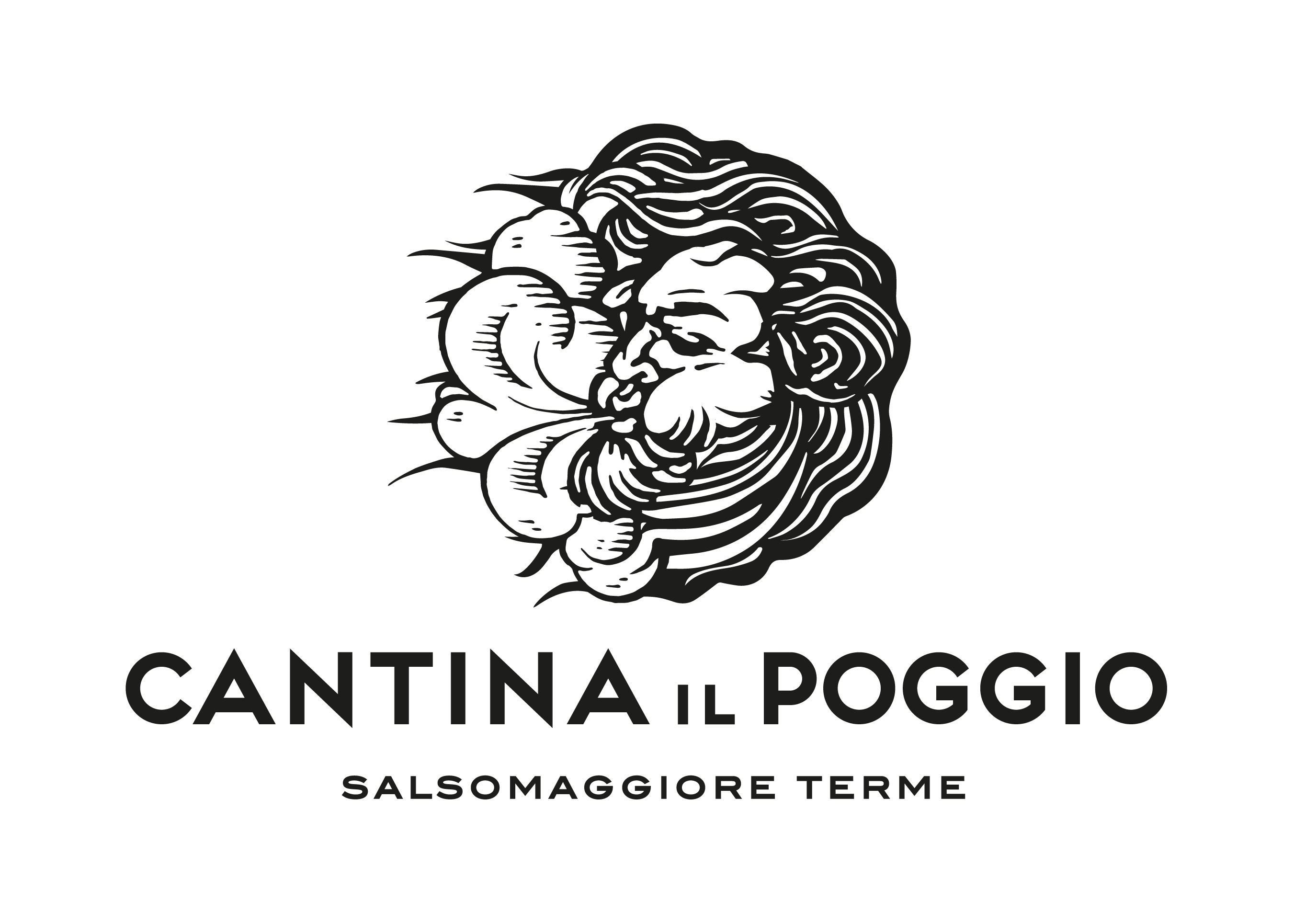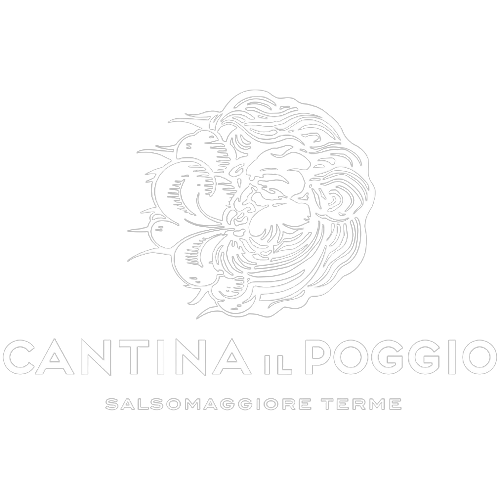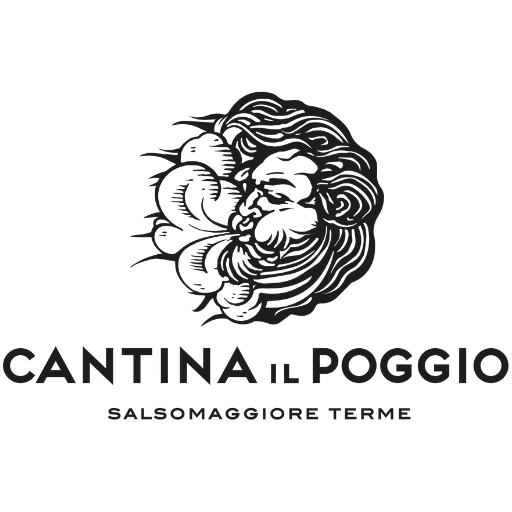Wine fairs are useless, here’s why 💣

Wine fairs are uselss: could you believe it?
Wine fairs are a highly debated topic nowadays. The world is divided between those who consider them still successful events and those who see them as a waste of time. At Cantina Il Poggio, we always like to go a bit against the grain. Here’s why 😎
Have you ever tasted a glass of wine during a wine fair? Then you bought a bottle, you opened it after a while at home, and it totally disappointed you.
However, you perfectly remember the first taste, which was love at first sight. Today, as you sniff it and take a few sips, you are diligently searching for that memory, but it seems completely gone.
This happens because the human being is particularly struck by something (food, wine, landscapes, people) not only because of the thing itself, but rather for the experience as a whole.
Imagine visiting Paris for the first time, a three-day trip: during those days, it rains every day, all day. Plus, your hotel room is below expectations and your smartphone has been stolen in the subway. Paris may be one of the most beautiful cities in the world, but you will not keep a good memory of it and, hardly, you won’t go back.
Same thing happens when you participate in wine fairs.
Let’s take, as a perfect example, Vinitaly, the most important International Fair of Italian Wine.
Vinitaly was born in the mid-60s, when the world was unconsciously preparing for globalization and the rural class was either aiming for the latest generation of tractors or completely abandoning the countryside to make a fortune in the city.
We needed something to relaunch the wine sector, to create the image of a valuable and high-quality product.
In 1967, thanks to Angelo Betti and Sandro Boscaini, “Italian Wine Days” was born. An event characterized by a strong cultural impact where, for the first time, wine tasting was allowed and largely appareciated. About 130 exhibitors participated during its third edition in 1970; in 2023, there were over 4,000 exhibitors.
How a small producer could be able to leave a memory of himself and his wine where there is this kind of competition?
In the era of technology where we live (or perhaps, where we survive?), made of dizzying appearances, large and mainstream fairs, accessible to everyone are really able to enhance the work of each individual? Can the producer have the chance to make a good first impression on that buyer willing to call him back? Or will his business card end up in the eco-friendly bag, among thousands of other business cards from other entrepreneurs?
These fairs are not for wine, nor for promoting a territory. They are events for entrepreneurs (not for winemakers), ready to shake hands, take photos for newspapers, a selfie to post on Instagram Stories. They spend the day between a stand and another, glass after glass, TV interviews, complaining about things that doesn’t work instead of being proactive for real innovation and for the good of a community.
So, what about wine?
Wine should be the real protagonist, as well as the value of its history, of those who produce it, of the love, the commitment and the endless difficulties that are faced every day to create a product of the Earth, which have characterized the story of humankind over centuries. It seems that, in these fairs, made of muffled applause and forced smiles, wine is just a blurred background.
Very different is during small fairs in towns and villages, which tend to bring together producers from a single territory, who want to make themselves stand out.
During these events, there is greater attention to the bottle and to the person who is pouring into the glass, but above all, those who are truly interested in wine and its history can easily access it, having a pleasant conversation about it.
How many times have you tasted a glass of wine and, at first impression, you did not like it? Then, perhaps the producer, the winemaker himself, or the staff from the winery, started talking to you about it. They told you the story of that wine, its aromatic notes and you fully immersed your senses and your attention in it. You immediately change your mind. This is because wine needs to be explained and the producer must have the opportunity to do so.
However, nowadays, in such large and purely mainstream fairs, where only social media decides who stays on the upper side, it is no longer possible to tell genuine stories.
At Cantina Il Poggio, for our way of living and working, (and those who have visited us can confirm it), big fairs cannot give any kind of emotion or transmit the depth, the sincere human relationship that you could ever experienced during a local visited tour.
Wine is the means to seek out the beauty, the splendor of a place that looks like a postcard, but it is actually made up of silent walks, howling winds and lush nature.
A place with a soul.

In your opinion, are these fairs still necessary? Or is there a better way to communicate wine? Let us know your thoughts down below! 👇




Post a Comment